Nature reports
Page 31 of 40 - 400 Results
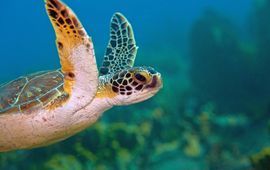
Sea Turtle Conservation Bonaire (STCB) recently published their 2019 annual report. Last year marked an important year as new research provided insight into local green and hawksbill turtle populations. Understanding annual shifts..
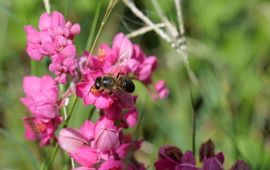
A study by researchers from the Vrije Universiteit Amsterdam shows that the invasive plant coralita and urban development have led to large, distinct changes in insect and spider communities on Sint Eustatius. Hence, coralita is..
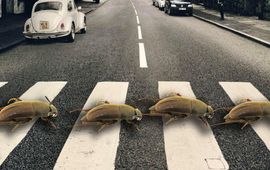
Scientists in the Netherlands today announce the discovery of a new beetle species named after The Beatles. The insect was found on a citizen science 'expedition' to the Vondelpark in the heart of Amsterdam - close to the Hilton..
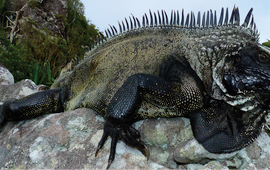
New research describes a unique species of iguana for the islands of Saba and Montserrat. The painted black iguana, with its distinct black coloration, is an endemic species to these islands and must be recognized as such to help..
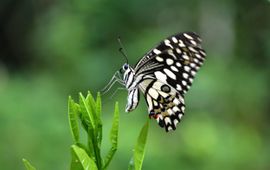
The results of a four-year study, cataloging the butterfly species of St. Eustatius over the winter months of 2009-2012, have been published. This project also provided an update to species lists for the Dutch Caribbean islands of..
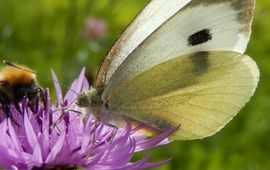
The use of systemic pesticides, such as several neonicotinoids, has been increasingly restricted in Europe, due to side effects on especially bees. Now, negative effects have also been demonstrated for fipronil. In the large..
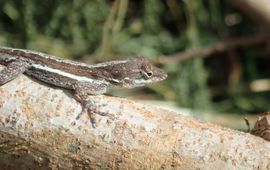
Two new research projects were set out to map the evolution and historical geographical migration of key amphibian and reptile species within the Lesser Antilles. Understanding critical differences between similar species and how..
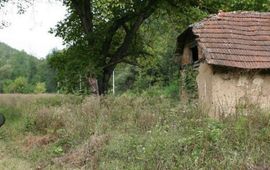
Recently the decline of insects has been highlighted as one of the main crises in biodiversity conservation. Butterflies are one of the groups of insects that are popular, colourful and easy to identify. Everyone can help in..
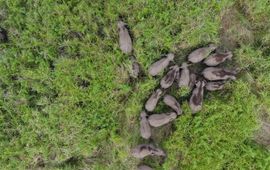
Mister Muslim wears beautiful traditional clothing during his talk at the Paris Peace Forum. Being the leader of the Flora and Fauna Defenders Team (TPFF) in Aceh, Indonesia, he is invited at this global conference about peace to..
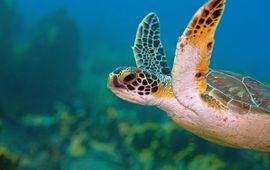
Researchers from the University of Groningen recently used genetic testing to identify the geographical birthplaces of green sea turtles foraging within Lac Bay, Bonaire between 2006-2007 and 2015-2016. There was an overall..
